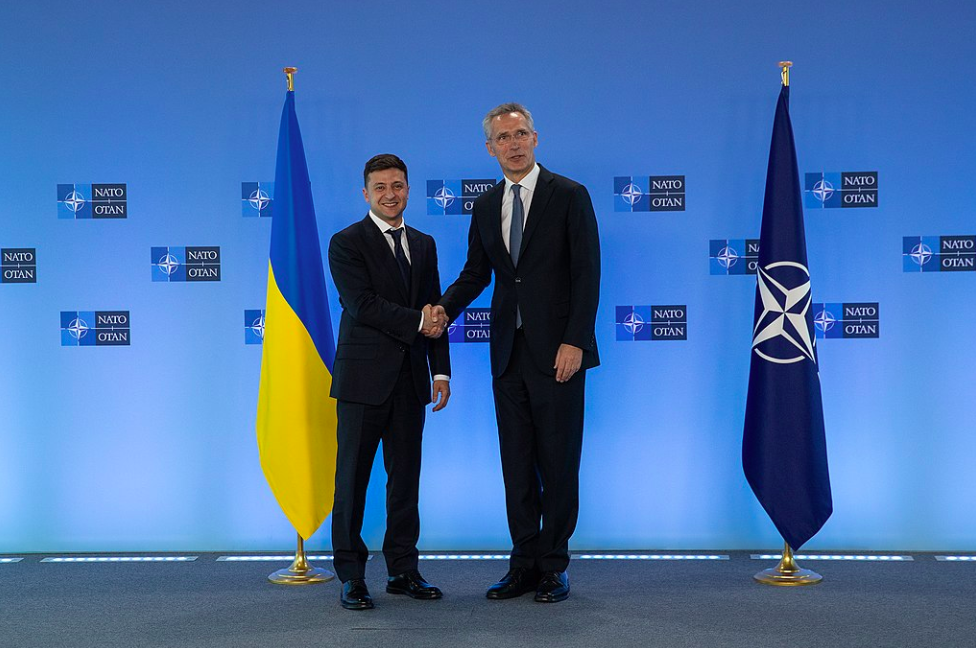 Motivated by self-determination, the nominally autonomous state of Somaliland continues to beg the international community for recognition. Since declaring its independence in 1991 after three years of civil war and state-sponsored genocide, the Republic of Somaliland has experienced a relatively successful democratic transition. However, lacking international recognition, Somaliland’s future remains uncertain.
Motivated by self-determination, the nominally autonomous state of Somaliland continues to beg the international community for recognition. Since declaring its independence in 1991 after three years of civil war and state-sponsored genocide, the Republic of Somaliland has experienced a relatively successful democratic transition. However, lacking international recognition, Somaliland’s future remains uncertain.
Providing an outstanding model for bottom-up democratization, Somaliland has installed a parliamentary style democracy, hosted multiple competitive elections, and undergone a constitutional transition of power between political parties. Moreover, it has successfully built a government that incorporates democratic norms with modern governmental procedures. Impressively, as early as the 2005 elections, there were 246 candidates for 82 seats in the House of Representatives, 982 polling stations, 1.3 million ballot papers, 3000 police, and 76 foreign observers.
In an important step towards diplomatic recognition, the World Bank hosted an economic conference in Hargeisa, Somaliland on January 29, 2014. Possessing a GDP of $1.4 billion (current USD) in 2012, the Washington-based lender declared that Somaliland has the 4th lowest per capita GDP in the world and suffers from severely low levels of investment due to the absence of a conventional financial system. Though these findings are less than encouraging, a basic compilation of “national” statistics is an important step toward improving Somaliland’s budget policy and labor situation. Further, by isolating Somaliland from Somalia for the first time, the World Bank has informally identified this region as increasingly sovereign.
Though a somewhat promising event, the sluggish process of succession is hindering economic and political progress in the region. As of 2013, Barclays – one of the last major international banks to accept accounts held by money-transfer operators (MTOs) – closed all accounts in the region due to reputational risk. Barclays was concerned that remittance flows are serving to cover up for money laundering and terrorist financing, this move by Barclays represents the possible extinction of MTOs in Somaliland. Comprising somewhere between 25-40% of GDP, remittances have been immensely important to Somalilanders. Since Somaliland lacks a commercial banking sector, remittance companies have not only served to help the impoverished majority receive money from the Diaspora, they have also managed to provide some financial services to the population. Among some of the essential services provided by remittance companies are saving accounts, small credit, and a method for paying aid agencies. Lacking a legal and regulatory banking structure, a central bank, and access to sufficient credit, the extinction of MTOs will hinder the already minor investments and reconstruction projects in the region, while exacerbating the percentage of the population living under the poverty line.
Though international recognition may not be directly equated with economic prowess and political stability, this could be the case in Somaliland. Currently, the recognition of Somaliland is acutely complex, as its recognition would simultaneously undermine decades of support for the Transitional Federal Government in Mogadishu, Somalia’s capital city. Nevertheless, recognition of this relatively stable territory could produce a multitude of positive effects. For instance, in an essay published by Africa Today, the authors argue that international recognition could spur more Somalis to return from the Diaspora, increasing capital and expanding the economy’s consumer base. Lacking a legitimate banking sector and postal system, companies have been forced to headquarter in neighboring countries, thus raising the cost of doing business. Additionally, without international status, the government cannot receive bilateral assistance and development agencies cannot offer loans, complicating investment and commerce activities within Somaliland. Given its current threshold due to unofficial statehood, political stability and economic gains cannot be sustained for much longer.
In a region infested with corruption, war, and poverty, the ability to secede from one nation, unify as a society, and sustain stability over a number of years is an impressive feat.
There is no question that what Somaliland has achieved thus far, without international support, is just short of a miracle. In a region infested with corruption, war, and poverty, the ability to secede from one nation, unify as a society, and sustain stability over a number of years is an impressive feat. However, Somaliland’s current circumstances will test the public’s ability to stay cohesive in pursuit of a goal that has proved almost impossible. The same international community that preaches the value of democracy has failed to acknowledge this success story. Somaliland’s organic process of democratization should be celebrated and framed as a model for other regions, and has instead been ignored. If diplomatic recognition continues to be denied to this region, the international community should be charged with causing the demise of a promising society.




